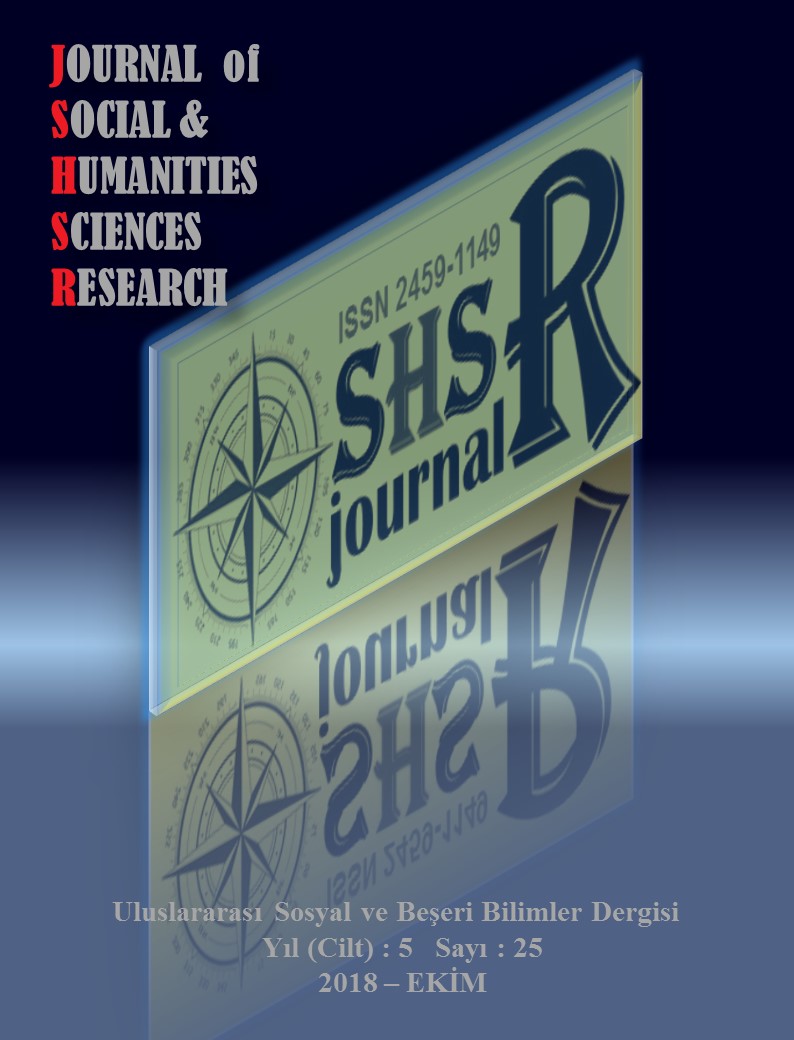İŞGÜCÜ PİYASASI DÜZENLEMELERİNİN İŞSİZLİĞE ETKİLERİ: SEÇİLMİŞ OECD ÜLKELERİ İÇİN PANEL VERİ KANITLARI
DOI:
https://doi.org/10.26450/jshsr.582Anahtar Kelimeler:
İstihdam, İşsizlik, İşgücü Piyasası Düzenlemeleri, Panel Veri AnaliziÖzet
İşsizlikle mücadele ekonomi yönetimlerinin en temel hedeflerinden biridir. Küresel finans krizi sonrasında işsizlik oranlarında önemli artışlar görülmüş, işsizlik sorunu ve işsizliğin belirleyicileri yeniden yoğun olarak tartışılan konulardan biri haline gelmiştir. Bu çalışmada, işsizlik göstergeleri (toplam, eğitimli, kadın, genç ve uzun dönemli) üzerinde işgücü piyasası düzenlemelerinin, makroekonomik ve demografik faktörlerin etkileri incelenmiştir. Ekonomik İşbirliği ve Kalkınma Örgütü’ne (OECD) üye 15 ülkede 2005-2014 dönemi için yapılan panel regresyon analizi sonuçlarına göre esnek işgücü piyasası düzenlemeleri bütün işsizlik göstergelerini anlamlı olarak negatif yönde etkilemektedir. İşgücü piyasasında artan esneklik işsizlik oranlarını azaltmaktadır. Bulgular işgücü piyasasındaki yapısal faktörlerin işsizlik üzerinde önemli rol oynadığını göstermektedir. Ayrıca sonuçlar, işsizlikle mücadelede en önemli rolün yatırımlardaki artış olduğunu teyit etmektedir
İndir
Yayınlanmış
Nasıl Atıf Yapılır
Sayı
Bölüm
Lisans
Telif Hakkı (c) 2018 International JOURNAL OF SOCIAL HUMANITIES SCIENCES RESEARCH

Bu çalışma Creative Commons Attribution 4.0 International License ile lisanslanmıştır.


